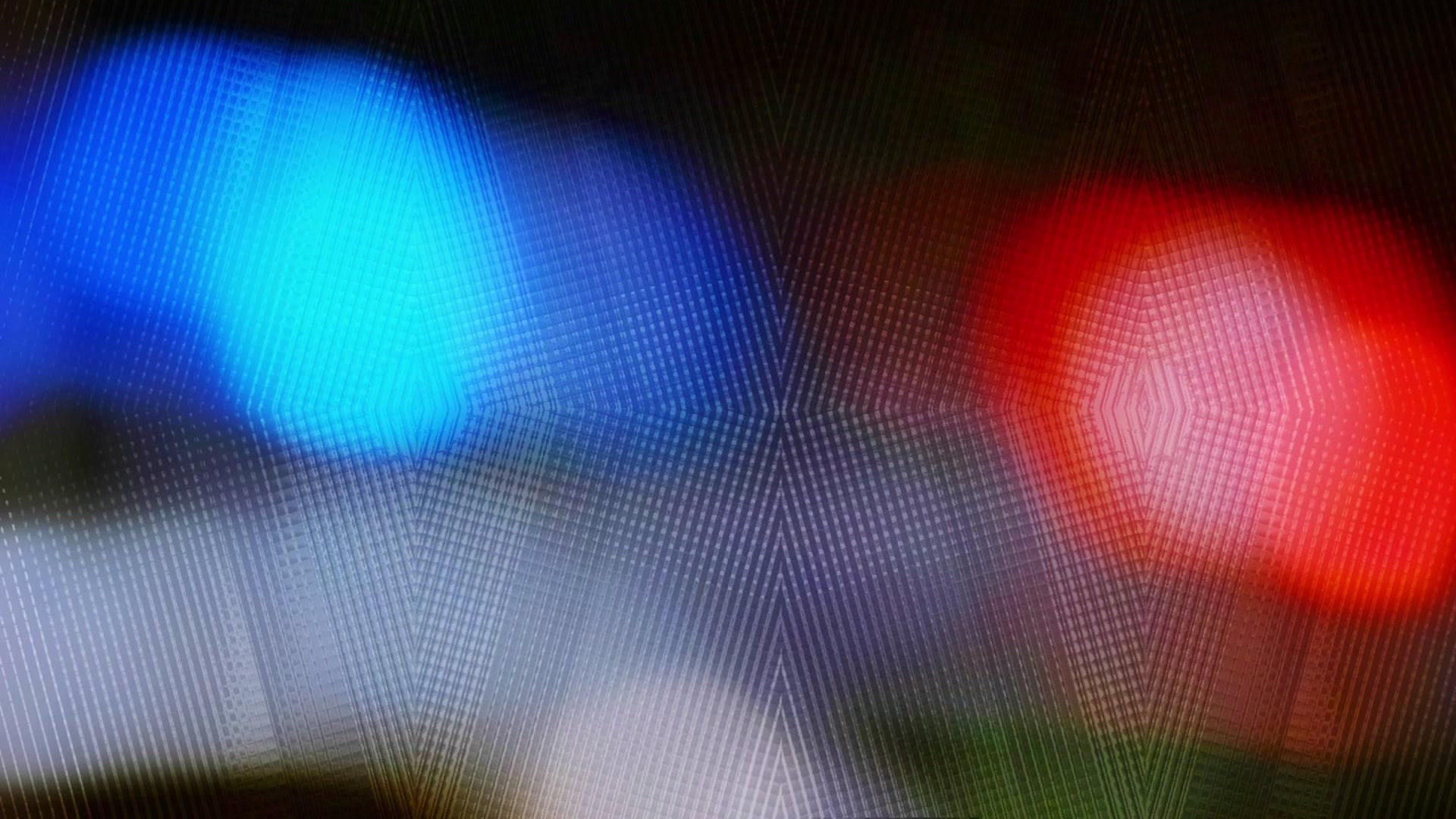There was mixed reaction Friday to Dallas Police Chief Renee Hall’s plan to use traffic stops as part of a new predictive policing program.
Hall discussed it in an exclusive interview with NBC 5 Investigates. Hall said grids generated by computer with information about past crime and neighborhood characteristics will receive a greater show of force from officers who will stop more people.
Hall said listening sessions with residents across the city have told her residents want more police presence.
“They want to see the police. They even said Constables, Sheriff's, State Police. They want police in their communities,” Hall said. “And in some communities, they've even asked for traffic stops.”
Dallas Police Association President Mike Mata said it is the same approach police have used before in Dallas crime hot spots.
“It’s the same locations we could have told you without this computer,” Mata said. “This will work but there are repercussions and things that come out of this type of policing.”
Local
The latest news from around North Texas.
The union leader said traffic stops amount to officers using judgment about suspicious behavior. He said there will be complaints and officers hope they will have support from city leaders.
“You’re picking and choosing who to stop on just a hunch, or what you believe may be criminal activity. So is the community ready for that? Because there will be push back from that,” Mata said.
Texas State Troopers in Dallas last year made thousands of traffic stops in an effort to help combat violent crime in neighborhoods around the city. They killed one armed suspect and received heavy criticism for their tactics.
Queen City Neighborhood Association President Eva Jones watched the effort in her area near Fair Park.
“If the Troopers would have had the help from DPD, I think that it could have been orchestrated a lot differently. I think the outcome would have been a lot different and we as residents, we would have accepted that more readily than the way it was,” Jones said.
Pastor Frederick Haynes with Friendship West Baptist Church said there was not community partnership with the State Troopers.
“The troopers basically showed up as storm troopers invading a community in order to police it. That is not healthy,” said Haynes. “You don’t just address the symptoms. You’ve got to get to the root causes.”
Haynes said Hall’s new approach might be successful, but he is concerned about implementation. He said the police effort must come with other kinds of support from the city for neighborhoods in need.
“The community does not want high crime. The community does not want violence. The community says let’s do this together,” Haynes said. “Dallas must say, this is the kind of city we want to be. We want to be a healthy city and not a policed city.”
Jones said her community supports the other types of improvements recommended by a Mayor’s Task Force, to happen simultaneously with police crime-fighting programs. The Task Force recommended attacking blighted buildings, improving lighting, school and community programs to combat violence.
Jones said she wants to wait to pass judgment on Hall’s new approach.
“See what her program is. Let’s look at the stats and let’s give Chief hall an opportunity,” Jones said.
Chief Hall told NBC 5 she is pursuing programs that worked in other cities.
“We're cautious to make sure that we're taking the things that work and leaving those that don't work in other cities so we don't make their same mistakes,” Hall said.



